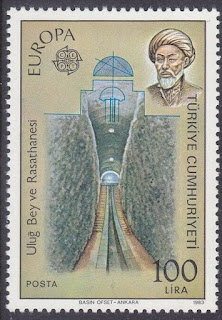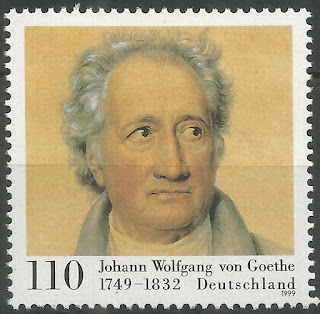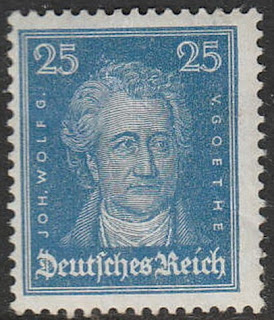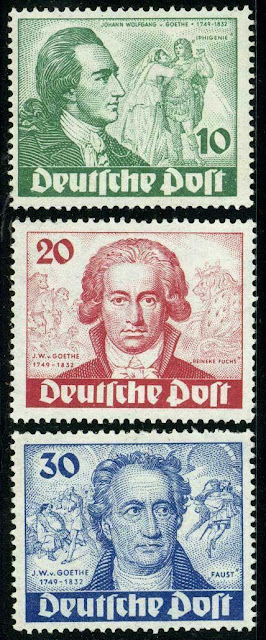Here are some events that happened on March 22nd. It could be an event or a person that died or was born on that day
1394 Born: Ulugh Beg, Persian astronomer and mathematician (d. 1449)
Mīrzā Muhammad Tāraghay bin Shāhrukh, better known as Ulugh Beg (22 March 1394 – 27 October 1449), was a Timurid sultan, as well as an astronomer and mathematician.
Ulugh Beg was notable for his work in astronomy-related mathematics, such as trigonometry and spherical geometry, as well as his general interests in the arts and intellectual activities. It is thought that he spoke five languages: Arabic, Persian, Turkic, Mongolian, and a small amount of Chinese. During his rule (first as a governor, then outright) the Timurid Empire achieved the cultural peak of the Timurid Renaissance through his attention and patronage. Samarkand was captured and given to Ulugh Beg by his father Shah Rukh.
He built the great Ulugh Beg Observatory in Samarkand between 1424 and 1429. It was considered by scholars to have been one of the finest observatories in the Islamic world at the time and the largest in Central Asia. Ulugh Beg was subsequently recognized as the most important observational astronomer from the 15th century by many scholars. He also built the Ulugh Beg Madrasah (1417–1420) in Samarkand and Bukhara, transforming the cities into cultural centers of learning in Central Asia.
However, Ulugh Beg's scientific expertise was not matched by his skills in governance. During his short reign, he failed to establish his power and authority. As a result, other rulers, including his family, took advantage of his lack of control, and he was subsequently overthrown and assassinated.
Stamps from Turkey and Uzbekistan depicting Ulugh Beg
1832 Died: Johann Wolfgang von Goethe, German novelist, poet, playwright, and diplomat (b. 1749)
1939 – Germany takes Memel from Lithuania.
The 1939 German ultimatum to Lithuania was an oral ultimatum which Joachim von Ribbentrop, Foreign Minister of Nazi Germany, presented to Juozas Urbšys, Foreign Minister of Lithuania on 20 March 1939. The Germans demanded that Lithuania give up the Klaipėda Region (also known as the Memel Territory) which had been detached from Germany after World War I, or the Wehrmacht would invade Lithuania.
The Lithuanians had been expecting the demand after years of rising tension between Lithuania and Germany, increasing pro-Nazi propaganda in the region, and continued German expansion. It was issued just five days after the Nazi occupation of Czechoslovakia. The 1924 Klaipėda Convention had guaranteed the protection of the status quo in the region, but the four signatories to that convention did not offer any material assistance.
The United Kingdom and France followed a policy of appeasement, while Italy and Japan openly supported Germany, and Lithuania was forced to accept the ultimatum on 22 March. It proved to be the last territorial acquisition for Germany before World War II, producing a major downturn in Lithuania's economy and escalating pre-war tensions for Europe as a whole.
Stamps issued for the Memel territory after the German takeover







